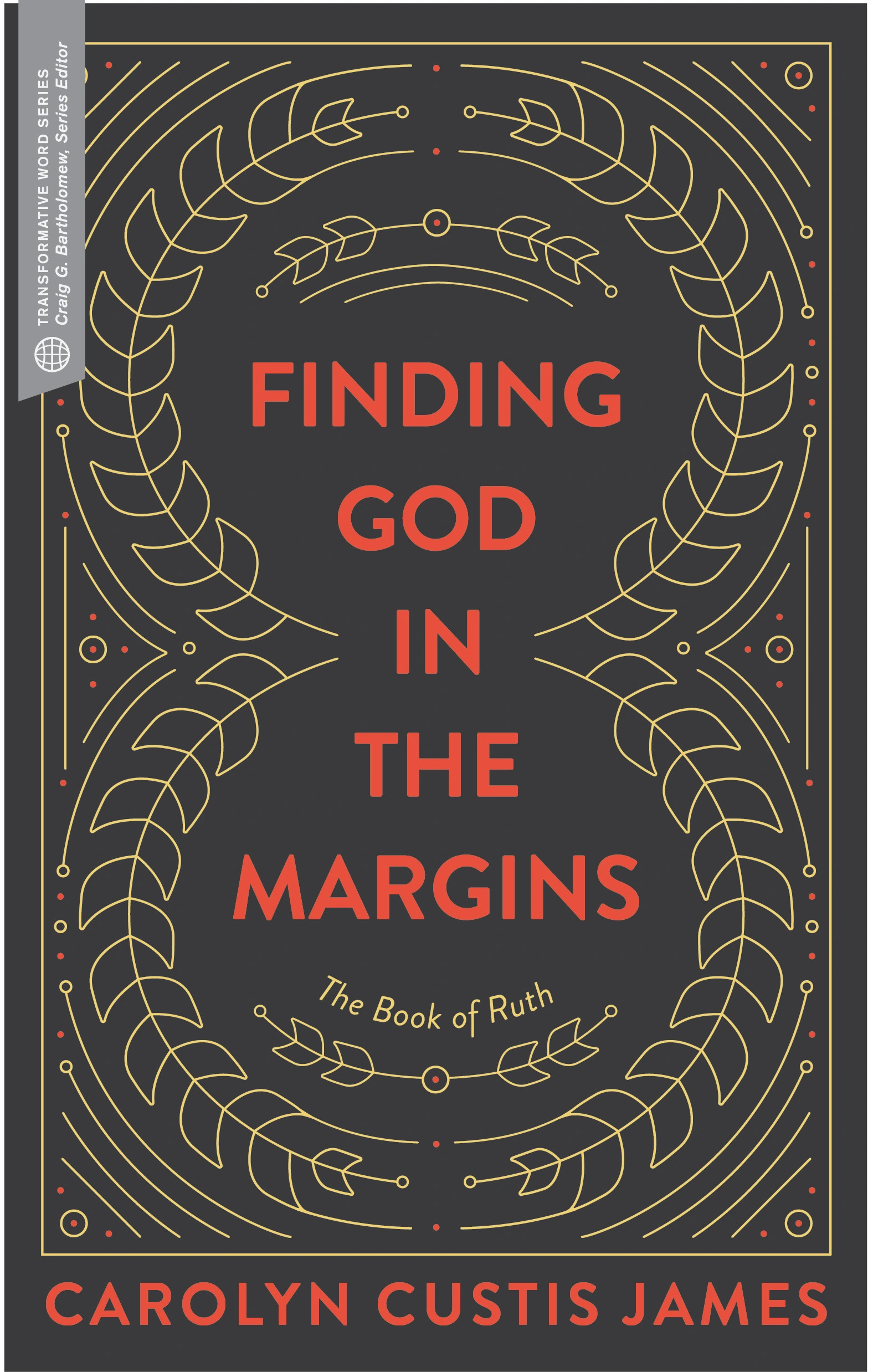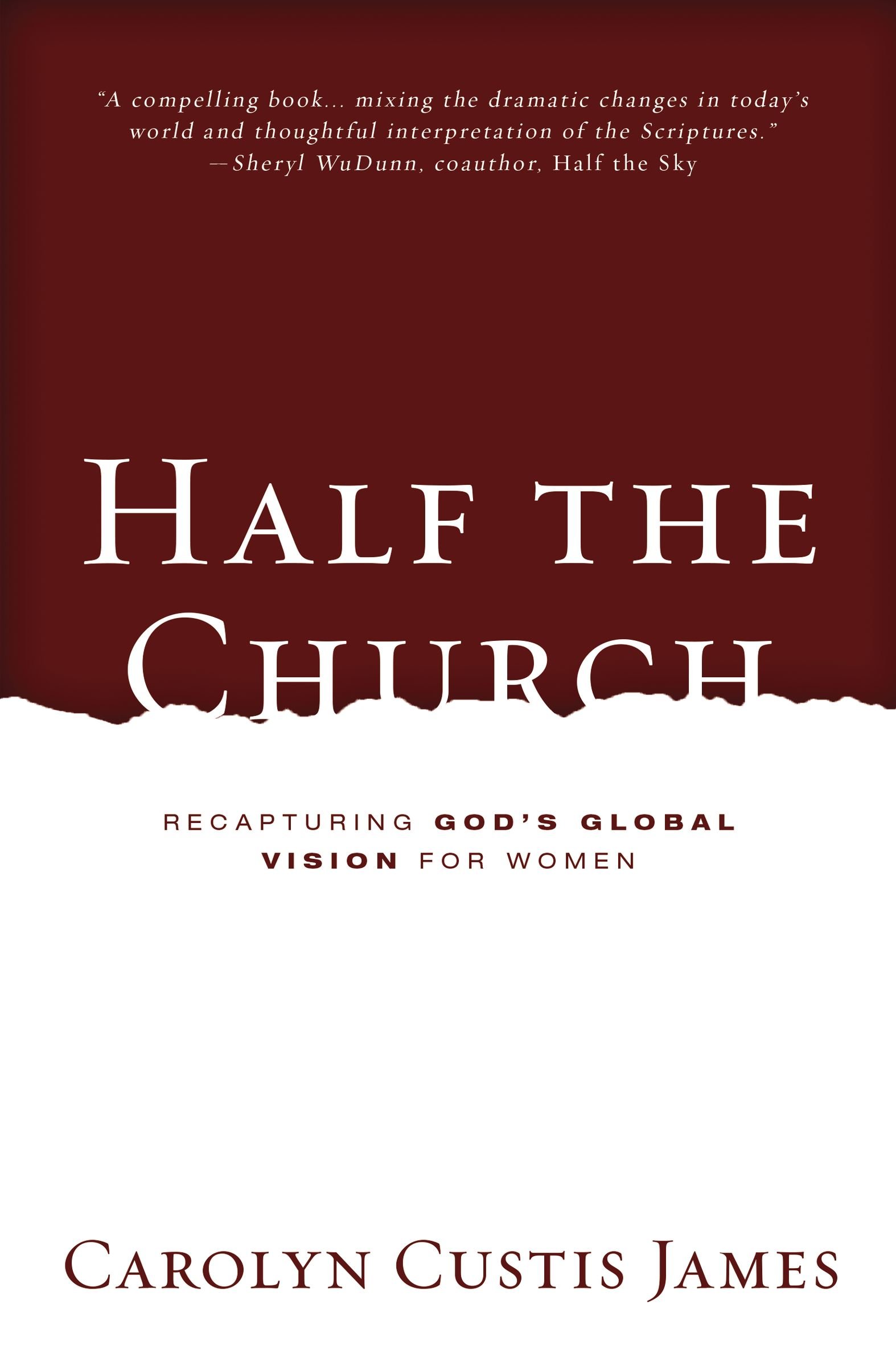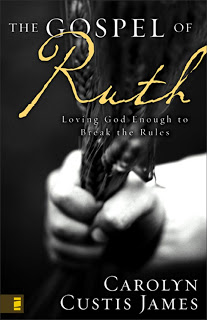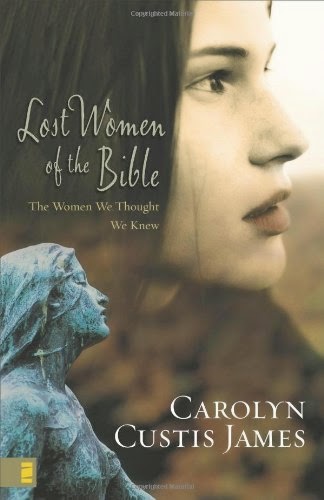 This past week, I passed the three-month marker since my surgery and I’m back in fighting form.
This past week, I passed the three-month marker since my surgery and I’m back in fighting form.
During my recovery, (besides tracking baseball) I’ve been reading a lot. I’m in my second Richard Rohr book. The first was Falling Upward: A Spirituaity for the Two Halves of Life—a powerful read I recommend that was especially timely to be reading during my recovery from surgery.
I mostly like what Rohr has to say. In fact, at this point I probably qualify for a Richard Rohr Reader Fan Club membership.
However, as I was reading From Wild Man to Wise Man: Reflections on Male Spirituality, Rohr crossed a line that triggered a firestorm in me. He dropped an F-bomb, and I can’t let this pass without comment.
As Rohr laments the absence of fathers (especially as spiritual influences) in the lives of their sons, he writes,
“Religion in our culture has become the province of the female, and spirituality has become feminized. American Christianity is much more about belonging and consoling [alleged “feminine” traits] than doing, risking and confronting [aka “male” attributes]. Nor can Jesus even provide a real male model for [men], for we have become so used to seeing Jesus as God that we never truly see Jesus as a man. He even has blond hair and blue eyes…” [italics and bracketed comments are mine]
Rohr is not the first man I’ve known to use this kind of offensive language. I’ve had several candid “conversations” with Christian men I’ve heard talk about “the feminization of the church” when speaking publicly. They often appear surprised that women would find their language objectionable.
Well, we do!
I can understand and even appreciate Rohr’s larger point, but the use of the word “feminized” (or “feminization”) misses the mark. Such language disparages women—actually points the finger of blame at them for what is wrong with American Christianity and why some men avoid attending church. It misdiagnoses the problem and justifies promoting a testosterone-driven version of Christianity as a cure (as we are seeing in certain sectors of evangelicalism).
This just creates a whole new set of problems.
Ironically, at the very moment I came across Rohr’s remark about a “feminized” American Christianity, seventy-two women from six countries were gathering in the Colorado Rocky Mountains for the purpose of summiting seven 14,000 foot mountains in four days.
Their previous climbs have included Mt Kilimanjaro and the Mt Everest Base Camp. None of these are recreational climbs. These women are testing their physical limits to raise awareness and funding to help stop slavery and human trafficking.
I’ve heard their stories. I was sore for days after doing one of their “moderate” climbs. These major climbs are not for sissies!
The Freedom Climbers (ranging in age from 18-72) are my heroes. They’re going way outside their comfort zones for the sake of others. Their actions define the meaning of “doing,” “risking,” and “confronting,” although these traits, as they’re discovering, are well within the attributes God intends for them as female.
I’m willing to give Rohr the benefit of the doubt (this one time anyway) because of what he says earlier in his book. There he rejects dividing human characteristics into masculine or feminine categories as “false-masculine” and “false-feminine.” He goes on to assert that “both of us are the losers” when we selectively choose some qualities while rejecting others that are equally essential to being fully human—qualities Jesus models for all of us.
Rohr proceeds to merge these falsely segregated categories.
“We are deprived of that healthy wholeness—and, I would even say, holiness—which comes from integrating both the masculine and feminine in our lives as men or women. . . . The spiritually whole person integrates within himself or herself both the masculine and the feminine dimensions of the human spirit.”
In the end, whatever Rohr meant by “feminized” with respect to the evangelical church and Christian spirituality is as disturbing, distasteful, and costly to women as it is to men. We all need a strong, deep, caring, and outwardly mobilized Christian spirituality. Women cannot be who God created us to be as ezer-warriors if we do not cultivate strength, decisiveness, and a readiness for action. And frankly, men will be stunted if they are duped into thinking their manhood is compromised if they are loving, sensitive, and gentle, or if they cry.
“Feminized” and “feminization” may not be four-letter words. But these F-bombs need to be dropped from this discussion nonetheless!















Amen! This reminds me of my reaction to John Eldredge's Wild at Heart: The chief weakness of the book is its portrayal of both the problems and the solutions as special to the male sex. It is possible that men have been more afflicted than women, but that's no excuse for denying women both the recognition and the remedies. Eldredge has some wonderful suggestions for raising our sons; I'm saddened that some will read his book and not realize they are equally valid—and important—for our daughters. (See my complete review here.)
LikeLike
I often wonder what the wives and sisters and mothers of people who write this sort of stuff.
I remember once being prophesied over as I stood next to my husband. I was encouraged to know that I could speak from the platform and that God was going to help me …blah blah. At the time I thought 'I think you're speaking to your own wife, mate, because I've been preaching to churches and conferences for years'.
I know many fine ministers and ministry pioneers who have displayed great courage and vision and entrepreneurial skills to serve God in contexts which required great bravery… their genders were mixed, at least as many women as men leading in this way.
I get tired of it, to be honest but I can't help but feel that they are speaking to their own womenfolk and not women in general.
LikeLike
So very glad to read a post from you, Carolyn, and to see you back in fighting form! Onward, ezer-warrior, onward!! Much love…Jodi
LikeLike
Thanks for your post, Caroline. And I agree with Jodi – it's great to hear from you again!
As to the point of your post, something that disturbs me is the (surely unintentional, yet stinging) implication of blame in Rohr's quote. How are women to feel when a charge is laid at the church that it has become “feminized?” Am we to apologize for our participation? Are we supposed to participate but be less feminine?
It leaves me feeling that by simply being a woman, I've somehow tainted the church.
LikeLike
Thanks for the welcomes–which I'm also getting on FB. And also for the comments. I've been in the room when a man said the church is “feminized.” The women were aghast and felt disparaged. Susan, your reaction is typical among women.
But there's also a big price men and boys pay for this kind of thinking. It leads them to think anything deemed “feminine” is out of bounds and unmanly. “Real” men don't cry. Boys who naturally possess those those traits–which Jesus also possessed–get them bullied out of them in the locker room. The end result of rejecting so-called “feminine” traits (and Rohr agrees with this) is a false-masculinity and a loss of wholeness.
LikeLike
I've heard such interesting things about Rohr's writing, but haven't read anything yet. I am sorry to hear that he, too, misuses the term feminine, or at least uses it negatively in reference to men and women and the church. I agree, it has obvious negative implications for men as well. He's using a great word “feminine” as a weapon to divide, and that's harmful. And it seems like it's a tired argument. I'm surprised it didn't get edited out.
I'm so glad and thankful you have recovered so well. I've been praying for you and your next book project. Blessings!
LikeLike
You sure know how to come off the bench fighting 🙂 I love this piece and want to add something of a snarky question: how is it the church has gotten “feminized” when for heaven's sake its all men who are in charge? I heard this the other day about the worship songs and asked the person to consider that 99% of the songs we sing at our church are written by, you guessed it, men. Most if not all the theology books: men. Our sermons are written and delivered by men. Our elders are men — the one's deciding on programs etc, yet STILL women are blamed and the church is considered “feminized.” It would be laughable if it wasn't so destructive. Sharing on my blog too.
LikeLike
Becky,
Rohr is actually pretty fair over all. He thinks men and women need to embrace both sets of traits and not limit themselves to a list falsely define as “feminine” or “masculine.” Both are needed to be whole. But in this one place (at least so far in my reading), he accepts the categories and disparages women. But over all, he's a both/and guy.
This is only my second book of his. I think Falling Upward is much better and definitely worth reading. I'm still thinking about Wild Man to Wise Man. I did jump ahead and read the last chapter–Grand Fathers–which was absolutely profound. So I'm hopeful.
LikeLike
Karen,
Better buckle up for this one.
I've come across at least two explanations: 1) that because more women than men attend church male leaders have accommodated their messages, songs, decor, etc. to appeal to women; and 2) that the men who go to church and who lead in church are effeminate.
I love to think about #2 when I recall sitting in church next to John Niland (Dallas Cowboys offensive guard, 6'5″ & 290 lbs who nearly emptied the baptistry when he was baptized).
The thinking behind #1 ignores the fact that women struggle with some of those things too. I talk to women all the time who want to be challenged by deeper teaching, stretched, and called to action. So it's hardly fair to caricature problems observed as “feminine.” And to be honest, I've never gone to a church where there was a shortage of men or where the men would stand for being disparaged like #2 does.
LikeLike
Regarding #2, my current favorite example — tim howard, super-human goal keeper for the US mens world cup team is (apparently) an evangelical. He is by no means effeminate As to #1, i've heard that before and it makes me laugh (sadly) because rhetorically it suggests that it is women who are really “leading” the church and the men simply serving women's needs/interests — which is not the definition most of these patriarchal guys hold for the definition of “proper” leadership — no matter how you slice it, if this is the explanation for why the church is being “feminized” then it is men's failed leadership that got us there. My own view, like yours, is that we need women to join men in leadership — not replace them.
LikeLike
Carolyn, Excellent post!
Re: “besides tracking baseball”, which includes the Red Sox if I recall correctly, I hope that Victorino comes back from the DL as strongly as you do!
LikeLike
You really should see the blog “Full Rights of Sons” (http://www.fullrightsofsons.com/wordpress/) by Kathryn Stegall. You and she are doing some wonderful parallel work and might find some real encouragement in collaborating…or at the least being aware of that.
LikeLike
Sorry…but this thought popped into my head before my brain could blow up over this topic: Um, isn't the church the BRIDE of Christ? Wasn't it C.S. Lewis who said that, in our relationship with Jesus, we are all feminine?
Just sayin'…. 😉
LikeLike
Hi,
I have used the phrase in question, frequently and will continue to do so, but with hopefully more skill and nuance than my previous times.
I work with young college men in the UK and when the “young man” in front of men is given the safety, time and affirmation, they open up their hearts and it usually is about their Father. If they have grown up in a ritualistic Christian home, there is a great sense of betrayal if the leak out anything negative about there earthly Father.
Then there are those who are not in their own eyes a “masculine man” and deeply hate the Wild at Heart stuff because to embrace that image of manhood would to throw them self on the altar of a earthly Father who has already rejected the man they will never become.
While I think the word feminized and church does sound derogatory , there is more than a hint of accuracy in it from my point of view.
In the small city that I live in the UK, I would not follow most Vicars, pastors to bring the kingdom of God to this city. I think they would be good on a committee to plant flowers, visit the sick, to chair an order of service for veterans, etc.. But to act courageously, stand up against ridicule. to rally men against porn, or to stand up the wave of gender and homosexual confusion sweeping our country, NO!
I would totally agree that one of the challenges of the modern man is in their inability to receive The Fathers love and also to embrace the truly feminine virtues of being a whole man in Christ, not a caricature of Christ.
And if not to be so blunt, I know that in your mind, you have ideas of what a feminine “man” is and I am sure not one of you would wish that “man” on your daughters.
I think that this is good to discuss, because I think it is very easy for men to disengage because the “feminine” church. But so much of what I read in some of these comments are hard for me to relate to.
Richard Rohr and John Eldridge writings resonate with men and they do sell very well, and I also know men truly touched by The Shack.
Men and women want the same things but from a very different perspective.
The issue for most men is that they don't respect the main male leaders in the church. He may be nice, kind, have good manners, but worthy of respect, no!
Tim
LikeLike
Good job calling this out, Carolyn. Do you remember a while back when John Piper said the church isn't masculine enough? As Abi said above, we're Christ's bride for crying out loud!
Cheers,
Tim
LikeLike
SO glad you said this. I haven't read From Wild Man to Wise Man, but I've read many of his essays, his Enneagram work, and Falling Upward; the latter is a great book in many ways, but I was irked by how he unpacks the journey motif with all its, well, phallic imagery, and then says “Women will find their own metaphors.” Uh, thanks a lot, I think ….
Interestingly, I just got back from a coffee date with an elderly woman friend from church. She commented on our church's current search for a worship director, which is down to 2 candidates, one male & one female. Who the candidates are hasn't been divulged, but she said she hoped the man would get hired because the more women take over in church, the more men back off. I pushed back a bit, asking, if that's so, WHY? (i.e. “Do men think, 'If women are doing it, it must be less important OR demeaning OR too sissy' etc.?”). Yet our church has a male pastor, all male elders, even all male worship-team leaders (though the latter is more by accident than design). It seems so ironic to me that there is this complaint about the church being too feminine when male leadership is still firmly and prevalently entrenched in most churches. And Rohr's comments about belonging/consoling vs. doing/risking/confronting are so simplistic and limiting. Rohr has always seemed like a refreshing voice, so I am very disappointed to see him parroting these cliches.
LikeLike
So maybe these men aren't making the point correctly. When using the term feminizing of the Church. This really has little to do with gender. Sissifying the Church may be better. The point is most men don't know how to function in a productive way in today's Church. Much of this has to do with culture and a lack of time in actively engaging in a meaningful and reproducible discipleship plan. But this has nothing to do with women. Only men. The message isn't for you or about you. It is the struggle with re-engaging the body of Christ in a meaningful way.
LikeLike
The point I am making in my post is that F-Bombs misdiagnose the problem and inevitably lead to mistreating what is wrong. To persist in dropping F-Bombs is to reach out to one gender at the expense of demeaning the other. It avoids thinking more deeply and honestly about real problems in the church that are causing both men and women to leave or stay away.
LikeLike
After growing up in a family with five males; after retiring as a deputy fire chief from a twenty-plus-year career in the fire service; and after almost sixty years in local churches, I think I understand a little bit about gender, the “feminization of the church”, and being a “man’s man”.
Frankly, I get tired of men (especially male religious leaders) who claim that the key to kingdom of God advancement is for men to step up, man up, and become a man’s man.
Certainly, men focusing on God and their true identities—how God uniquely wired and gifted them—and stepping in to their gifts will bring a measure of kingdom of God advancement.
However, I believe the kingdom of God will advance in amazing ways as men—in addition to humbly stewarding their own gifts—become champions for women.
I pray for a day when men will celebrate and encourage women to fully embrace and function in all their God-given gifts, as they live out their pre-fall ezer (mutual equality and mutual authority) calling.
As a pastoral counselor for many years, my experience is the root issue is often not about gender- masculinity- femininity- church government- or roles … it’s more about control—and sadly control often responds to control.
But, thankfully, love responds to love … and love lasts forever.
PS- Carolyn, anne+i continue to pray for you … for total healing … and God’s favor in whatever you put your heart to.
LikeLike